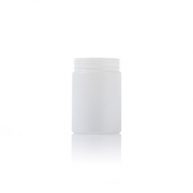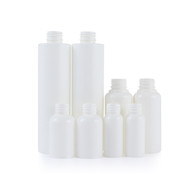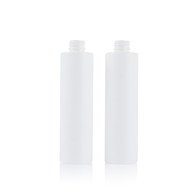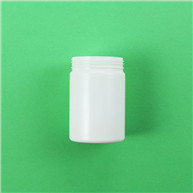What is the difference between industrial composting and household composting?
What is compostable biodegradable plastic?
Composting is an aerobic treatment method for composting. Compostable refers to the ability of materials to be biodegraded during the composting process. A material includes paper, plastic, etc. If it claims to be compostable, it must be stated that the material is biodegradable and disintegrable in the composting system (as shown in the standard test method), and is completely biodegradable in the final use of the compost . Compost must meet relevant quality standards. Quality standards such as low heavy metal content, no biological toxicity, and no clearly distinguishable residues.
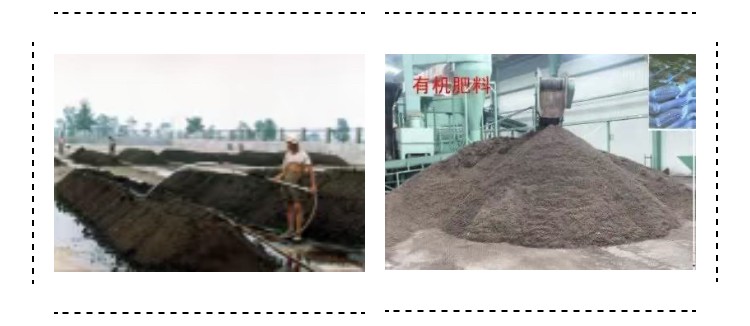
What is the difference between industrial composting and household composting?
Fertilizers are organic soil regulators obtained by biodegradation of mixtures. The mixture consists mainly of plant residues and sometimes contains some organic materials and some inorganic substances. The raw materials of composting can be organic solid wastes in urban and rural areas, such as agricultural crop straw, rural manure, urban household garbage, kitchen waste, municipal sludge, food industry waste, etc. Composting, a treatment that produces composting, is a controlled biochemical process that promotes the conversion of biodegradable organic matter from solid waste to stable humus, using microorganisms that are widespread in nature.
Composting process according to the growth of microorganism and whether to oxygen, can be divided into aerobic composting and anaerobic composting, aerobic composting is in the presence of oxygen, organic matter decomposition, the process of the final product of CO2, H2O, heat and humus, anaerobic composting is anaerobic conditions, the anaerobic microbial degradation of organic matter into CH4, CO2, H2O, heat and humus. Composting is usually referred to as aerobic composting.
Industrial composting is a process in which microorganism degrades solid and semi-solid organic matter in aerobic medium temperature or high temperature under controlled conditions to produce stable humus. The average cycle is 180 days, but as aerobic composting technology changes, the shortest time can be 30 days or less.
Domestic composting refers to the process of aerobic composting, mainly using domestic kitchen waste or garden waste, for the production of composting for their own use. Home composting takes longer than industrial composting, but is generally less than a year.
Both industrial and domestic composts should handle organic waste with the following characteristics:
- A) Biodegradability (i.e. the original biodegradability of the material);
- B) Disintegration performance during composting;
- C) It will not adversely affect the biological decomposition process;
- D) Adverse effects on the final composting quality, such as excessive amount of harmful elements.



